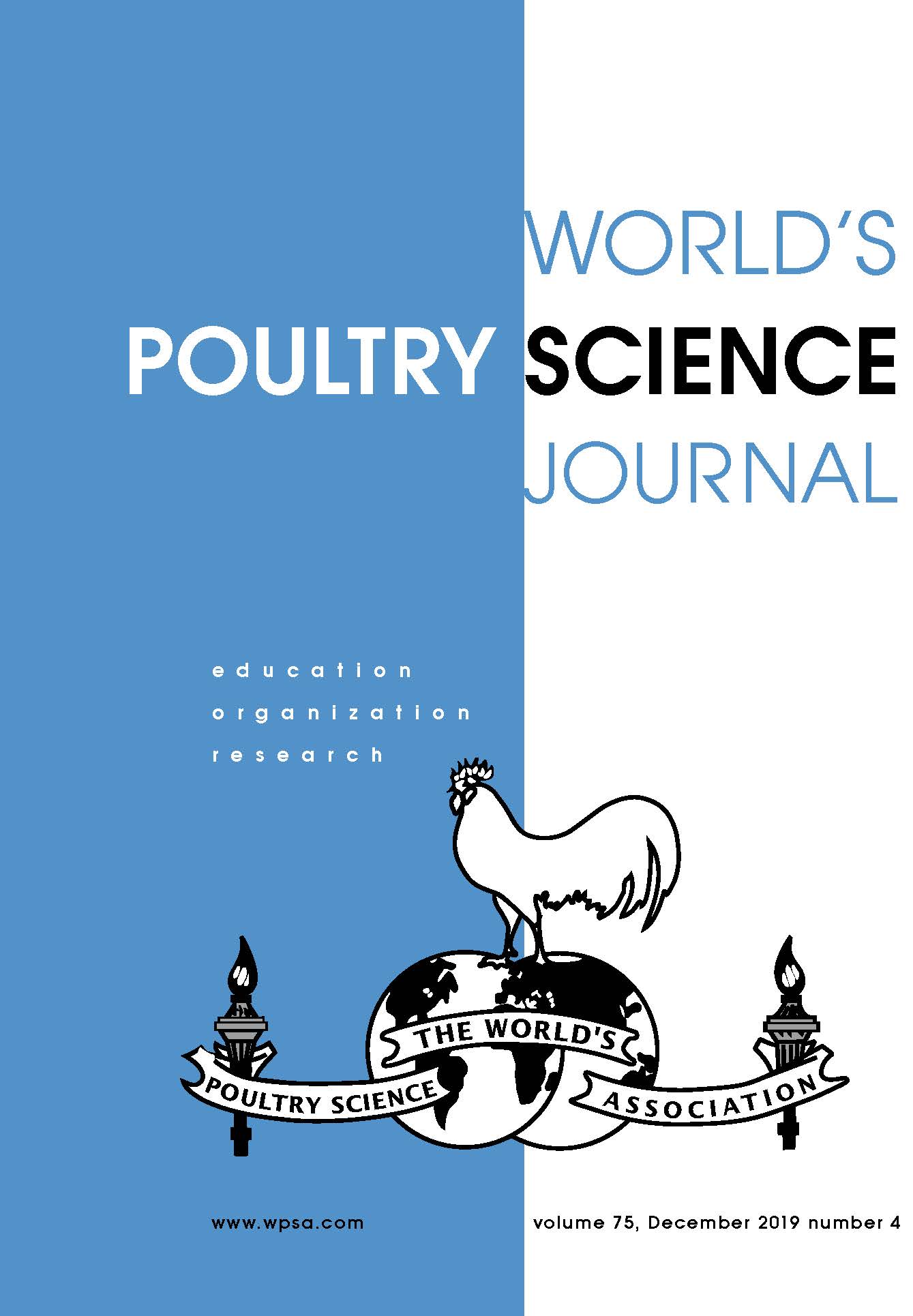Article contents
Feed resources and chicken production in Ethiopia
Published online by Cambridge University Press: 31 July 2012
Abstract
Chicken production scenarios, feedstuff resources, and experience of using alternative ingredients were reviewed with the aim of improving chicken production in Ethiopia. The common production systems used for chicken production in Ethiopia are traditional, extensive types. There is a high demand for protein foods, particularly those from poultry in this country. However, the performance of chickens in Ethiopia is poor and consequently the demand for chicken products is not met. This sector is characterised by insufficient levels of co-ordination, little or no specialisation or vertical-integration. Issues with feed are the main factors contributing to reduced chicken productivity, subsequently discouraging chicken producers. Moreover, the recent feed price increment is upsetting many plans for further development of poultry production in this country. Consequently, poultry populations and the per capita consumption of eggs and poultry meat in Ethiopia have been declining. Furthermore, the competition between food and feed is expected to further increase the feed price, forcing producers to look for alternative feeds and locally available feeds for their birds. Possibilities to improve the utilisation of by-products for poultry feed must be reviewed for poultry producers. It is concluded that headway options for alternative feed sources to improve the productivity of chickens in Ethiopia must be explored to alleviate some of the problems seen in this industry.
Information
- Type
- Small-Scale Family Poultry Production
- Information
- Copyright
- Copyright © World's Poultry Science Association 2012
References
- 10
- Cited by

